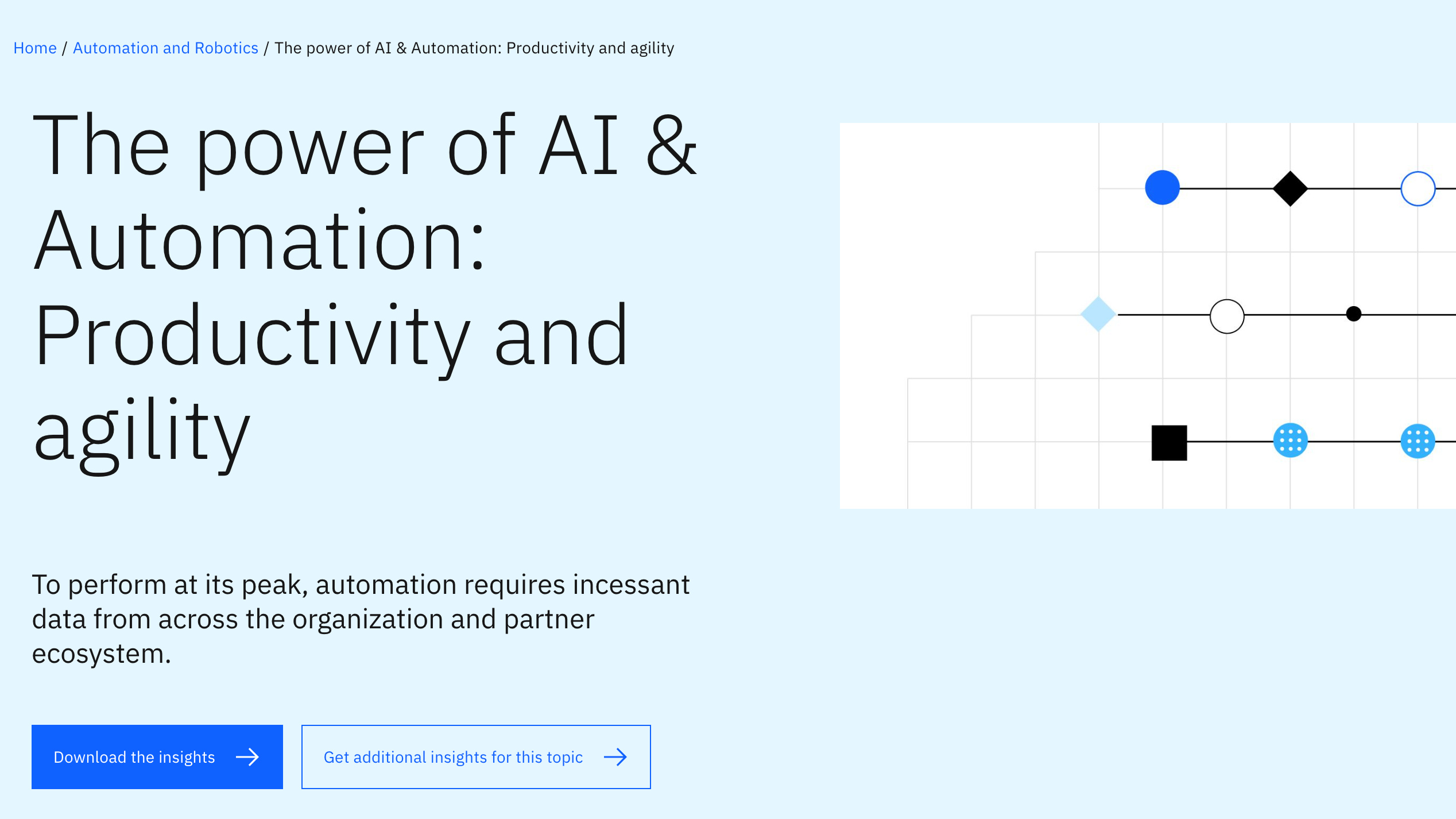Some CIOs fear they will lose their jobs to AIs
Automation could replace half of tech jobs in 10 years, workers predict

Nearly a third of CIOs expect a significant part of their role to be automated in the next decade, new research suggests.
Another 45% of all technology professionals believe a significant part of their job will be automated within a decade, according to executive search and technology recruitment firm Harvey Nash's Technology Survey 2017.
Harvey Nash surveyed more than 3,200 technology professionals from 84 countries, from CIOs to developers and testers.
When it asked respondents whether they agreed or disagreed that within 10 years, a significant part of their job that they currently perform would be automated, a staggering 67% of those in testing, and 63% of those in IT operations said they agreed.
About half of IT professionals working as developers (47%), in infrastructure management and team leadership (51%), or BI and analytics (53%) agreed that a large proportion of their existing jobs will be automated by 2026.
Meanwhile, less than a third of CIOs, CTOs or vice presidents of IT, programme management professionals, and software engineering experts agreed with that sentiment.
Other professionals who were asked the same question included those in development management (34% agreed), project management (37%), architecture (39%) and business analysis (44%).
Get the ITPro daily newsletter
Sign up today and you will receive a free copy of our Future Focus 2025 report - the leading guidance on AI, cybersecurity and other IT challenges as per 700+ senior executives
"Through automation, it is possible that 10 years from now the technology team will be unrecognisable in today's terms," said David Savage, associate director, Harvey Nash UK.
"Even for those roles relatively unaffected directly by automation, there is a major indirect effect - anything up to four in 10 of their work colleagues may be machines by 2027," he added.
Perhaps in response to an increase in automation, Harvey Nash found that technology professionals are prioritising learning over any other career development tactics. Self-learning is significantly more important to them than formal training or qualifications; only 12% indicate 'more training' as a key thing they want in their job and only 27% said gaining qualifications was a top priority for their career.
The survey also found that the change in technology is so rapid that 94% believe their careers would be severely limited if they didn't teach themselves new technical skills.
-
 Cleo attack victim list grows as Hertz confirms customer data stolen
Cleo attack victim list grows as Hertz confirms customer data stolenNews Hertz has confirmed it suffered a data breach as a result of the Cleo zero-day vulnerability in late 2024, with the car rental giant warning that customer data was stolen.
By Ross Kelly
-
 Lateral moves in tech: Why leaders should support employee mobility
Lateral moves in tech: Why leaders should support employee mobilityIn-depth Encouraging staff to switch roles can have long-term benefits for skills in the tech sector
By Keri Allan
-
 Can robots work safely alongside humans? This one industry leader thinks we're not far away
Can robots work safely alongside humans? This one industry leader thinks we're not far awayNews Humanoid robots and people will be able to work truly side-by-side this year, according to the CEO of one leading robotics company.
By Nicole Kobie
-
 The power of AI & automation: Proactive IT
The power of AI & automation: Proactive ITWhitepaper Automation strategies to dynamically and continuously assure cost-effective application performance
By ITPro
-
 Magic Quadrant for enterprise conversational AI platforms
Magic Quadrant for enterprise conversational AI platformsWhitepaper An evaluation of the conversational AI platform (chatbot) market
By ITPro
-
 Let's rethink customer service
Let's rethink customer servicewhitepaper Discover new ways to improve your customer service process
By ITPro
-
 The power of AI & automation: Productivity and agility
The power of AI & automation: Productivity and agilitywhitepaper To perform at its peak, automation requires incessant data from across the organization and partner ecosystem
By ITPro
-
 Digitization solves manufacturing’s five toughest challenges
Digitization solves manufacturing’s five toughest challengesWhitepaper Discover the technology trends that overcome manufacturing’s challenges, from cyber resilience to breaking free from legacy technology
By ITPro
-
 The four pillars of excellence for technology leaders
The four pillars of excellence for technology leaderswhitepaper Download this CIOs business case for integration and automation
By ITPro
-
 Building a strong business case for GRC automation
Building a strong business case for GRC automationwhitepaper Successfully implement an innovative governance, risk & compliance management platform
By ITPro